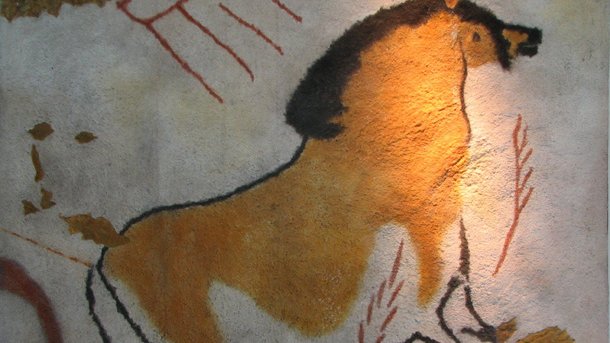

© Photo: www.ru.wikipedia.org

© Photo: BGNES
Amendments to the Energy Act adopted in the Bulgarian Parliament have moved the start of the transitional period of electricity market liberalisation forward in time by one year - to 1 July 2025. The changes should provide a gradual opportunity for..
The State Agency for Child Protection has announced a competition for a logo for the National Telephone Line for Children 116 111 and its chat application. It is open to inspired artists aged between 11 and 16, the agency said, who have complete..
A real meeting marks the beginning of the virtual Literary Festival "May Festive Readings", which since 2020 has been organized by the Society for Poetry and Literary Prose "Glagolnitsa" at the Bulgarian Cultural and Heritage Center of Seattle ...

+359 2 9336 661
